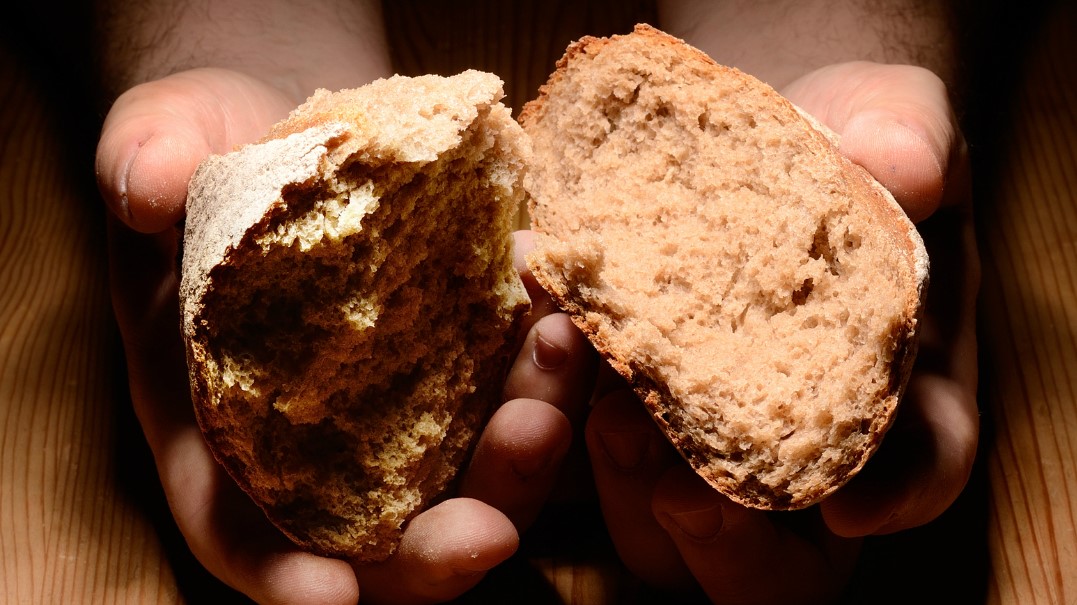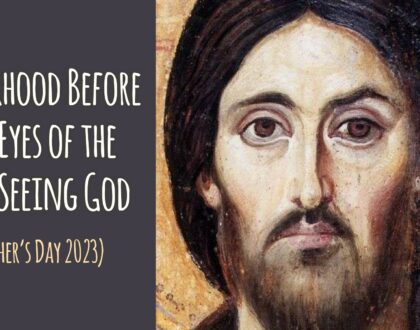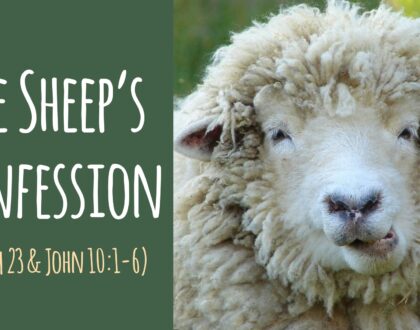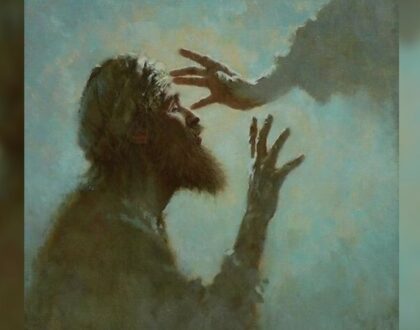John 6:22-29

by Pastor Gene
On the next day the crowd that remained on the other side of the sea saw that there had been only one boat there, and that Jesus had not entered the boat with his disciples, but that his disciples had gone away alone. 23 Other boats from Tiberias came near the place where they had eaten the bread after the Lord had given thanks. 24 So when the crowd saw that Jesus was not there, nor his disciples, they themselves got into the boats and went to Capernaum, seeking Jesus.
25 When they found him on the other side of the sea, they said to him, “Rabbi, when did you come here?” 26 Jesus answered them, “Truly, truly, I say to you, you are seeking me, not because you saw signs, but because you ate your fill of the loaves. 27 Do not work for the food that perishes, but for the food that endures to eternal life, which the Son of Man will give to you. For on him God the Father has set his seal.” 28 Then they said to him, “What must we do, to be doing the works of God?”
- In Exodus 16, why do you think God would not allow the Israelites to gather more than one day’s food (except on the day before the Sabbath)? What important lesson does this teach us today?
- How does Jesus’ parable of Luke 12:15-21 illustrate the foolishness of working for “food that perishes”? How does the story (not a parable) of Lazarus and the Rich man in Luke 16:22-29 do the same?
- What is the “work” Jesus is speaking of in John 6:27? Whose “work” is it? What is the “food” He wants to give us?
- What do you think Jesus means by saying in 6:51 that the “bread” He will give for “the life of the world” is His “flesh”? How do we “eat” His flesh (6:53)? How do we “drink” His blood (6:53)? Is this a reference to the Lord’s Table? Why or why not?
- How do we understand Philippians 2:12-13? If salvation is not by works, but by grace through faith, why does Paul tell us to “work out” our salvation? How does the “work” in vs. 12 compare or contrast with the “work” in vs. 13? Why should we do this with “fear and trembling”? Aren’t we told not to fear?
- In the crowd’s question, “works” is plural; in Jesus’ answer “work” is singular (6:28-29). Why? Does this matter? What does it tell us?
- Jesus said, “This is the work of God, that you believe in Him whom He has sent” (6:29). So, who actually does this “work”? Is it GOD’S work to do? Or OURS?
- Think of some of the greatest mysteries of our faith? What are they? List them. Critics call them contradictions. Are they? How do we come to terms with the things that are clearly beyond our ability to understand, or which seem to defy reason?
Recommended Posts

Reflection Questions: Fatherhood Before the Eyes of the All-Seeing God (Father’s Day 2024)
June 16, 2024


